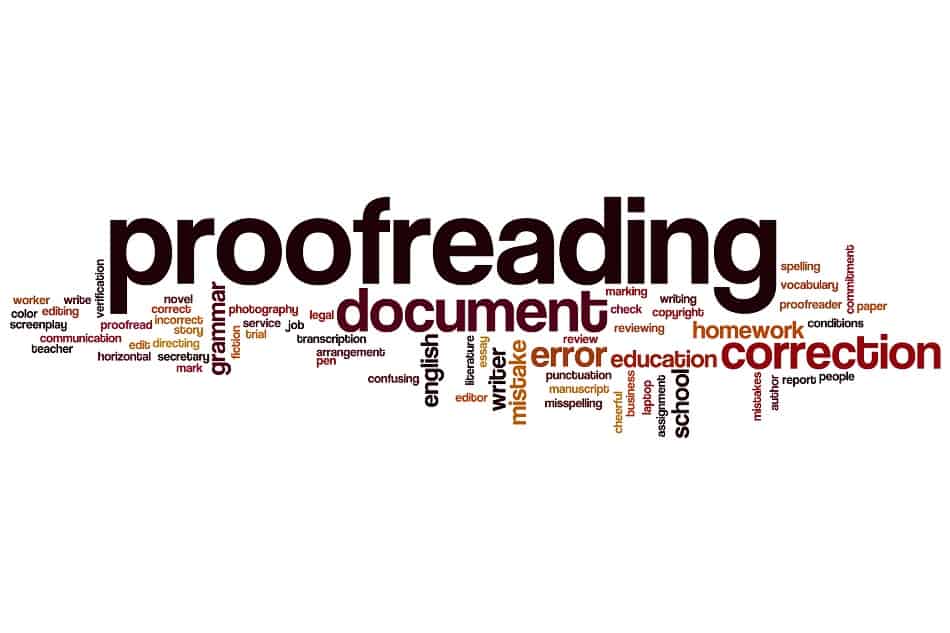Help for Authors of Journal Papers Achieving Publication
Academic and scientific authors tend to be extremely busy people with very few free minutes in their schedules. Yet much of what they do – conducting research, publishing writing and instructing students come to mind as apt examples – is highly time-consuming and often unpredictable in terms of exactly how much time will be required. More time is needed to ensure excellence in any of these activities, and excellence is a scholarly standard that should not be compromised. With so little time available for all that must be done, scholars are wise to engage the expert services of professional proofreaders and editors to help them achieve the high standard expected by top-tier journals, university presses and other scholarly publishers. The following list outlines the primary ways in which a professional proofreader or editor can help you prepare your academic or scientific writing for successful publication.
• A professional proofreader or editor will ensure that your written language is correct, accurate and clear in communicating your intentions. Generally speaking, this means that your grammar, spelling and punctuation will be checked and corrected, and any simple typing errors will be eliminated as well. By engaging the services of a proofreader or editor who is a specialist in your field of study, you will have at your disposal a valuable second reader who will let you know when terminology is vague or unclear, abbreviations are in need of some definition or phrasing comes across as awkward or unnatural. The best editors and proofreaders will explain their corrections and offer suggestions for further improvements, so an excellent proofreader or editor well matched to the content of your manuscript can not only render your work more publishable, but also teach you a great deal that will prove useful for future writing projects.
• If you are following a particular set of publisher guidelines, a professional proofreader or editor will prove most helpful in conforming your writing to the requirements. A proofreader or editor who is an expert in your discipline will already be familiar with the standard expectations and will also be adept at deciphering author instructions that are vague or confusing. Guidelines usually have specifications about manuscript structure, general layout, scholarly documentation and many other elements of an academic or scientific text, and a proofreaders or editor will bring just the right balance of experience and precision to the task of formatting or reformatting to meet the guidelines.
• All competent proofreaders and editors are experts at catching and correcting simple typing errors, and those who specialise in the content of the manuscripts they improve are usually able to detect errors in complex research data as well, though most will only bring those kinds of errors to the attention of their clients rather than correcting them. A proofreader or editor whose services you engage to help you prepare a manuscript for publication is also encountering your text for the first time, so unlike you, he or she does not already know what you are trying to say, a state that enables the detection of errors that you, as the author, might simply skim over due to seeing instead what you intended to write. This new perspective is a benefit when improving language and ensuring adherence to publisher guidelines as well, so a fresh set of experienced and well-trained eyes is a valuable asset indeed when you are aiming for publication.
You might be interested in Services offered by Proof-Reading-Service.com
Journal Editing
Journal article editing services
PhD Thesis Editing
PhD thesis editing services
Expert Editing
Expert editing for all papers
Medical Editing
Medical Editing Services
Research Editing
Research paper editing services
Book Editing
Professional book editing services

















